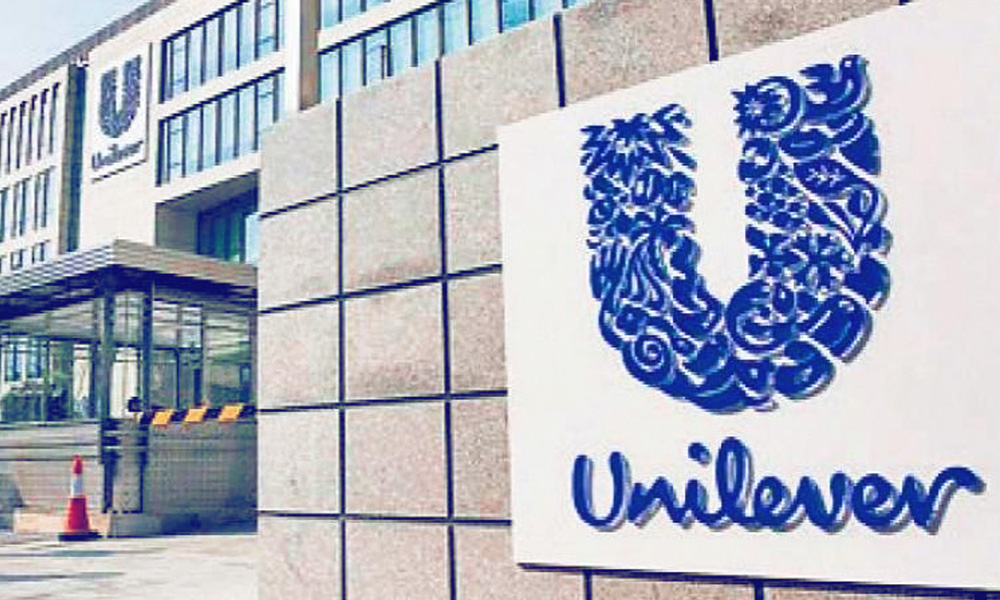
Image Credits: The New Indian Express
Unilever Commits To Living Wage To All Across Its Value Chain By 2030
Writer: Ankita Singh
A literature lover who likes delving deeper into a wide range of societal issues and expresses her opinions about the same. Keeps looking for best-read recommendations while enjoying her coffee and tea.
Others/World, 25 Jan 2021 5:32 AM GMT
Editor : Navya Singh |
Navya writes and speaks about matters that often do not come out or doesn’t see daylight. Defense and economy of the country is of special interest to her and a lot of her content revolves around that.
Creatives : Rajath
A free spirit who find meaning in life with the virtue of creativity and doing job par its excellence, animal lover and traveller by heart.
Unilever said that the company had taken this step as a part of its commitment towards building a more equitable and inclusive society by raising living standards across its value chain.
Fast Moving Consumer Goods (FMCG) major Unilever, on Thursday, January 21, announced that everyone who directly provides goods and services to the company will earn at least a living wage by 2030.
A statement issued by the company stated that it will spend 2 billion euros annually by 2025 with suppliers owned and managed by people from under-represented groups.
Further, it also informed that the company had taken this step as a part of its commitment towards building a more equitable and inclusive society by raising living standards across its value chain. Also, Unilever aims at creating opportunities through inclusivity and preparing people for the future of work.
Unilever CEO Alan Jope said in a statement that two of the biggest threats that the world is facing now includes climate change and social inequality.
He further added that the pandemic situation in the past year has widened the social divide. He called for decisive and collective action in order to build a society that helps to improve livelihoods, embraces diversity, nurtures talent, and offers opportunities for everyone.
"We believe the actions we are committing to will make Unilever a better, stronger business; ready for the huge societal changes we are experiencing today – changes that will only accelerate. Without a healthy society, there cannot be a healthy business," Jope said as reported by The Financial Express.
As per definition, living wage is the minimum income required by a worker to meet his or her basic needs and it is usually higher than the normal wage. By ensuring a living wage, the workers could participate fully in their communities and it also helps them break the vicious cycle of poverty.
Through living wages, people could afford a decent standard of living and it would cover a family's basic needs.
The company said that by taking this step, their ambition is to improve living standards for low-paid workers worldwide. It also added that by 2030, it will ensure that everyone who directly provides goods and services to Unilever earns at least a living wage or income.
"We already pay our employees at least a living wage, and we want to secure the same for more people beyond our workforce, specifically focusing on the most vulnerable workers in manufacturing and agriculture," the company said.
For implementing the same, Unilever will work with its suppliers, other businesses, governments and NGO in order to create systemic change and for global adoption of living wage practices.
Apart from working towards ensuring a living wage, the company will also work towards helping 5 million small and medium-sized enterprises (SMEs) in its retail value chain to grow their business through access to skills, finance and technology by 2025.
Many of these suppliers working with the company will be small and medium-sized businesses owned or managed by women, under-represented racial and ethnic groups, people with disabilities and also people belonging to the LGBTQI+ community.
"We will promote supplier diversity throughout our value chain, encouraging our suppliers to have diversity amongst their respective partners," stated Unilever.
 All section
All section














